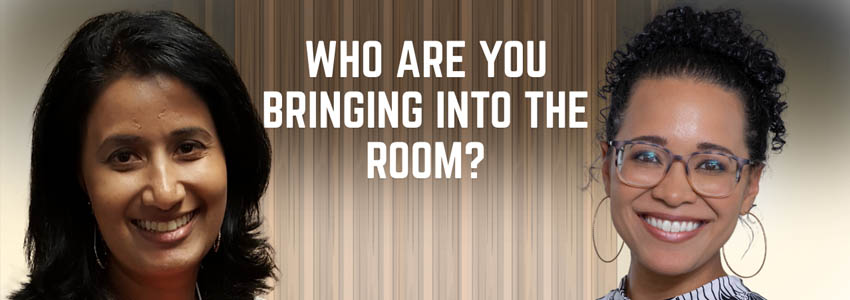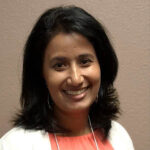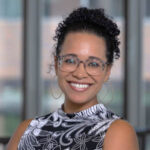
Earn 3 CE Contact Hours
Therapists play an essential role in conveying hope and warmth during therapy—believing in clients and holding their painful experiences. To do this effectively, therapists must remain mindful of their own presence and explore personal experiences of power struggles within families, parental conflicts, lack of validation, and lack of intimacy in relationships.
Therapists often work in multifaceted ways, navigating intrapersonal wholeness, mind-body integration, emotional awareness, communication, authenticity, and recognition of self across individual, couple, family, and systemic contexts. For example, influences from one’s family of origin or implicit rules such as “not marrying outside of race or ethnicity” or “a partner must meet cultural expectations” can heighten expectations of the “perfect” relationship.
Engaging in self-of-the-therapist work allows clinicians to deconstruct rigidity and build flexibility through personal awareness developed via reflection or therapy. While the Interracial Couple Questionnaire and Multiple Heritage Questionnaire can help begin this process, deeper exploration is needed (Henriksen et al., 2007; Watts & Henrickson, 1998).
To work effectively with interracial and intercultural partners, therapists need not only awareness of their own self-of-therapist issues but also skills to help couples negotiate differences in cultural traditions, values, and practices. Based on Interracial, Intercultural, and Interfaith Couples and Families Across the Life Cycle (Seshadri & Gutierrez, 2024), this workshop invites participants to take this deeper dive.
Drawing on Seshadri and Knudson’s (2013) application of Bronfenbrenner’s ecological systems theory (1986) and intersectionality (Combahee River Collective, 1977; Crenshaw, 1991), participants will explore how therapists interact with multiple systemic levels surrounding the couple or family.
Using Pamela Hayes’ ADDRESSING model in a discussion format, participants will examine how their own intersectionalities—both privilege and disadvantage—impact their work with interracial, intercultural, and interreligious clients. Drawing on Seshadri and Knudson’s (2013) application of Bronfenbrenner’s ecological systems theory (1986), participants will explore how therapists interact with multiple systemic levels surrounding the couple or family. Questions from this model will guide reflection on self-of-the-therapist processes. The workshop concludes with interactive exercises and role play using a case study from Seshadri and Gutierrez (2024).
Learning Objectives:
By the end of this workshop, participants will be able to:
- Define an intersectional ecological systems framework.
- Apply this framework to self-of-the-therapist work.
- Recognize the importance of self-of-therapist awareness and cultural humility when working with interracial, intercultural, and interfaith partners and couples.
- Clinically apply and practice an intersectional ecological systems framework through self-of-therapist reflection and case-based exercises.
Who Should Attend:
Mental health professionals, therapists, social workers, and clinicians interested in deepening their self-of-therapist work and enhancing cultural humility in clinical practice with interracial, intercultural, and interfaith couples and families.
Meet Our Presenters:

Gita Seshadri is an Associate Professor in the Couple and Family Therapy Program at Alliant International University in Sacramento and Online campuses. She has a passion for working with multiple diverse communities. She has published and presented nationally and internationally on interracial and intercultural couples and families, on various topics of diversity (South Asian topics/Women of Color), intersectionality, process-based qualitative research, mentoring, and emotion management. Much of her clinical work and experience encompasses intercultural, interracial, partners and families, parent-child relationships, couples, and sexually diverse populations.

-
Who Are You Bringing in the Room
February 13, 2026
1:00 pm - 4:00 pm
Gita Seshadri, PhD, LMFT and Dumayi Gutierrez, PhD, LMFT, LMHP
3 CE Credit Hours
Online
Online events are held in Eastern Standard Time (ET). A link will be emailed 1 day before the event.





